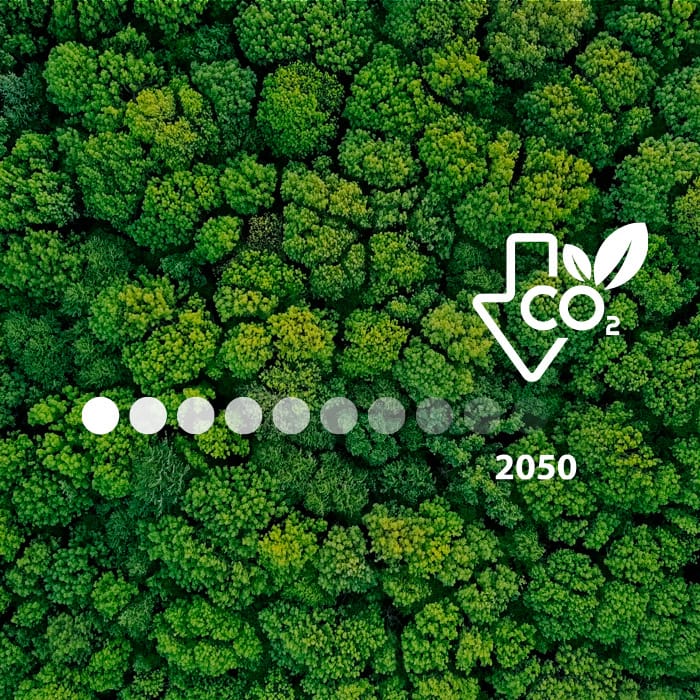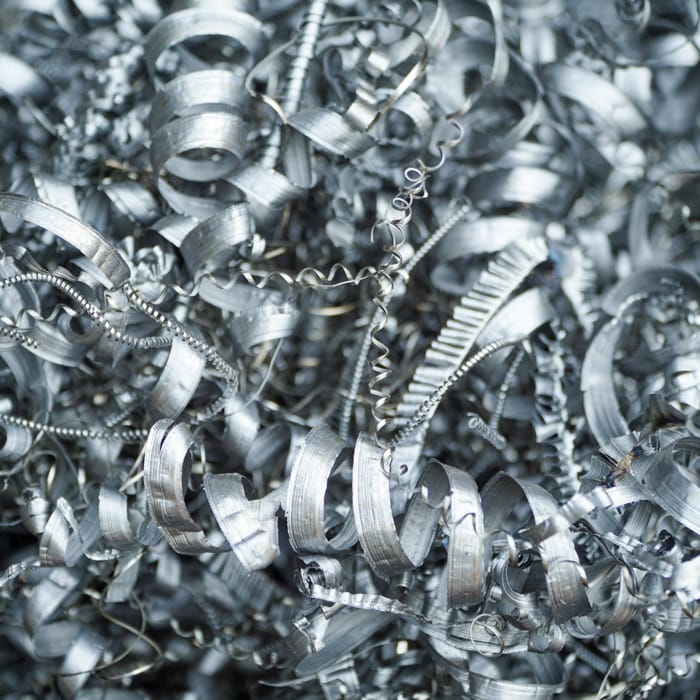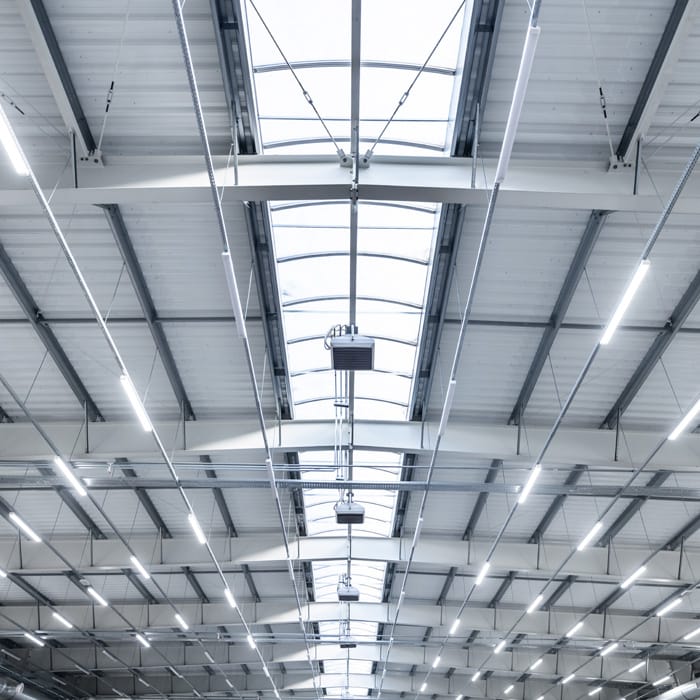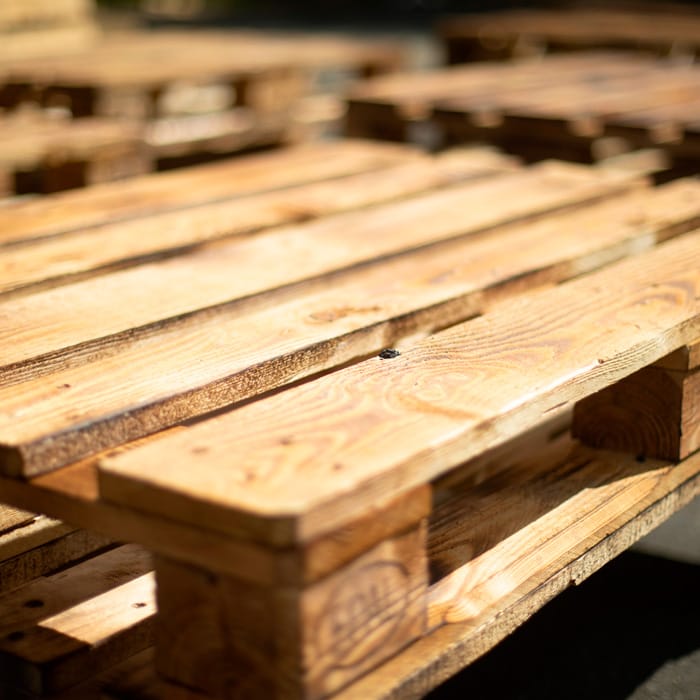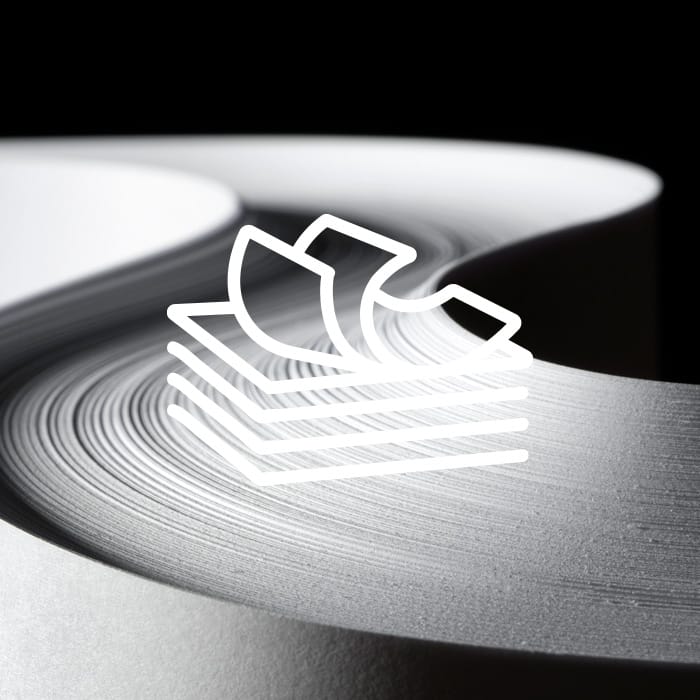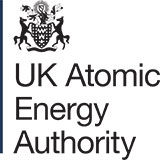The UK government has made an ambitious legal commitment to achieve net zero by 2050. Therefore, we all have to do ‘our bit’ in finding more environmentally friendly ways to live our lives and operate our businesses.
Tybro have committed to reducing our carbon footprint which will help reduce the carbon footprint of our customers and their end users. We have already implemented significant changes within our business to help us on this journey. Alongside our commitment to reducing our carbon footprint, we are also a critical manufacturing partner to several companies that are creating new green environmental projects such as fusion, hydrogen and electrification.
